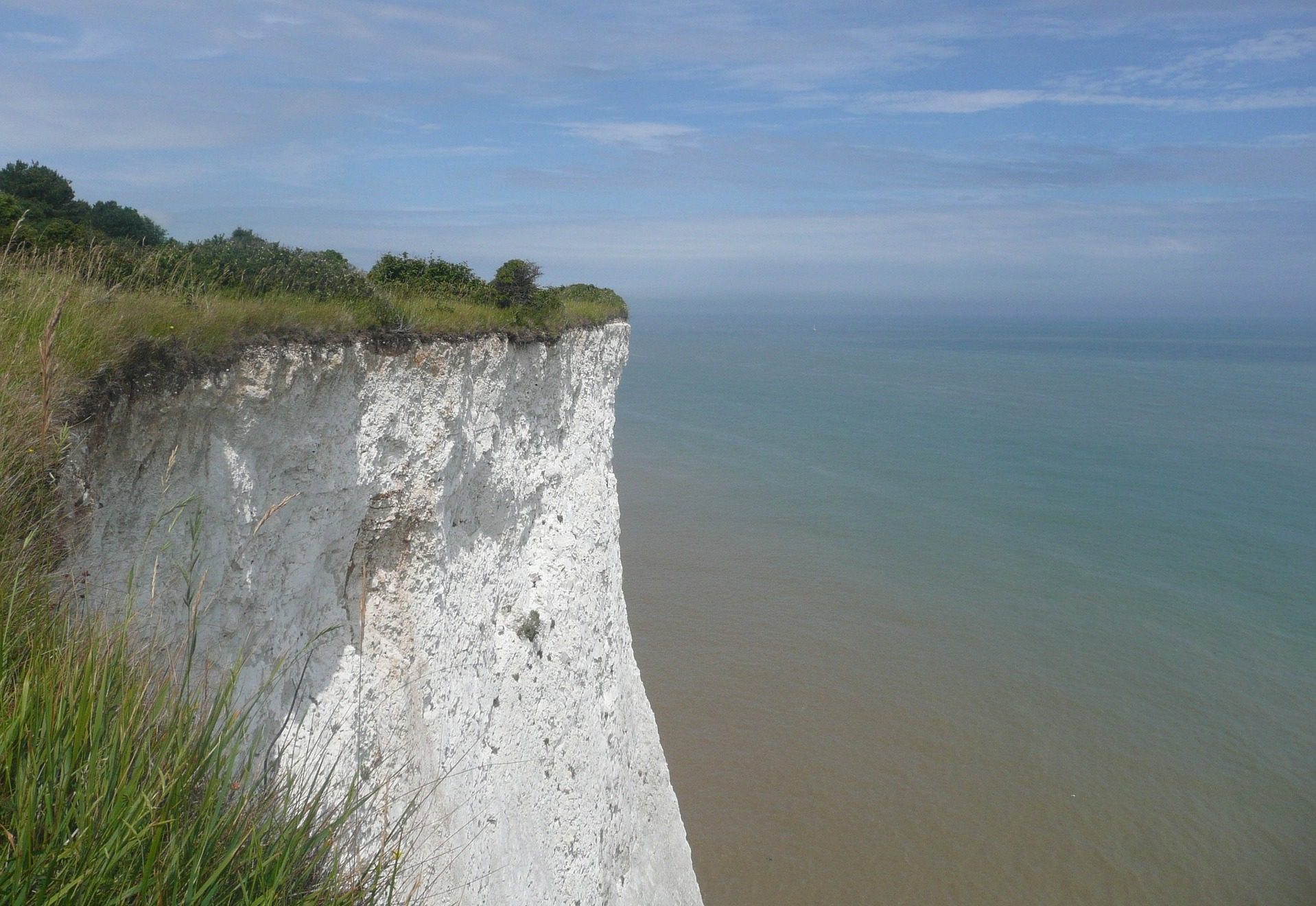By Neil Coupe
The dust has settled on the recent Gary Lineker Tweet storm.
People wishing to give opinions on the rights and wrongs of a BBC employee expressing a point of view have been able to do so. The news cycle moves on.
‘Today’s news, tomorrow’s chip paper’ used to be the phrase.
Immigration in general, and small boats, in particular, can be a highly emotive and easily manipulable subject. In common with most difficult subjects, transparency and fairness should underpin UK Government policy.
People of my generation who grew up during the 1970s were highly influenced by our history, and very significantly by Britain’s role in the two World Wars. Remembrance Sunday was, and still is, a major event in the calendar, both at the Cenotaph and at ceremonies in towns throughout the country.
Saturday afternoon movies on the television would often be stories about our brave soldiers fighting on the right side.
When the films included both Americans and British characters, such as The Great Escape, the Americans would be charismatic and daring, whereas the British would be much more solid and reliable. Our people would be portrayed by the likes of David Niven or Richard Attenborough.
My sense of Britishness was certainly marked by a feeling of innate decency.
After the Second World War, the Allied Powers, including Britain, came together to establish The European Convention on Human Rights. This was intended to improve the development and awareness of human rights in Europe.
It was also to promote an agenda to prevent the most serious human rights violations which had occurred during the Second World War from happening again. This was supported by Churchill and the final drafting was chaired by a British MP.
Every European country, except Belarus and Russia, are signatories to it to this day.
This is why I was so disorientated when I read the unsurprising news that nobody was quite sure whether the proposed legislation to deport refugees to Rwanda complied with international law.
MPs are talking quite openly about leaving The European Convention on Human Rights, as though there is something wrong with, well, human rights. Surely with our prestigious role in the world, our proud history and a seat at the United Nations Security Council, we should be reinforcing high standards, not simply racing to the bottom.
In the 1990s, German Chancellor Kohl made a comment that he was worried about the future when there would be a generation of politicians who did not remember or were not influenced by the horrors of the Second World War.
I wonder whether that day has now come, and the values that we were brought up with are now being wilfully discarded.
Progress?
The cynic in me cannot help recalling the comments from a Trump-Supporting focus group in Florida ‘I voted for him, and he’s the one who’s doing this, I thought he was going to do good things. He’s not hurting the people he needs to be hurting’.
Is choosing who to hurt, rather than who to help, the route to electoral success? Is this why our Government pursuing the Rwanda policy?
If it is not, whatever is happening, it does not feel very British.















































